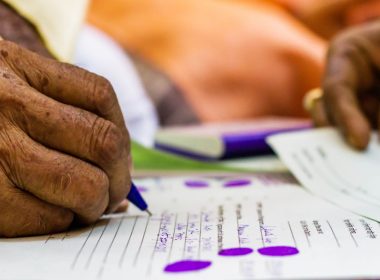Snapshot
- There are an increasing number of challenges to the validity of wills alleging lack of testamentary capacity or insufficient knowledge and approval.
- When a solicitor is involved in the preparation of a will, the solicitor’s recollection, practice in assessing mental capacity and records will often be crucial.
- Where there is reason to doubt the client’s testamentary capacity, a medical practitioner’s opinion about the client’s ability to remember, to reflect and to reason, and do so in a rational way, may assist the solicitor’s decision about testamentary capacity.
The last six months have seen major decisions concerning challenges to the validity of wills due to lack of a testator’s testamentary capacity and lack of knowledge and approval. The decisions include Hobhouse v Macarthur-Onslow [2016] NSWSC 1831 (16 December 2016); Roche v Roche [2017] SASC 8 (8 February 2017); McNamara v Nagel [2017] NSWSC 91 (17 February 2017); Estate Stojic, Deceased [2017] NSWSC 168 (3 March 2017); Phillips v Phillips; Phillips by his Tutor NSW Trustee & Guardian v Phillips [2017] NSWSC 280 (22 March 2017); Hookway v Hookway [2017] TASFC 4 (7 April 2017); Gray v Taylor; The Estate of the late Stanislaw Zajac [2017] NSWSC 497 (9 May 2017) and Estate of Beryl Lee Hordern (Deceased); Homersham v Carr [2017] NSWSC 753 (13 June 2017). Some involved successful challenges to the will. All except Estate Stojic involved the active participation of solicitors. These decisions provide useful reminders about the care needed with the preparation of wills.




